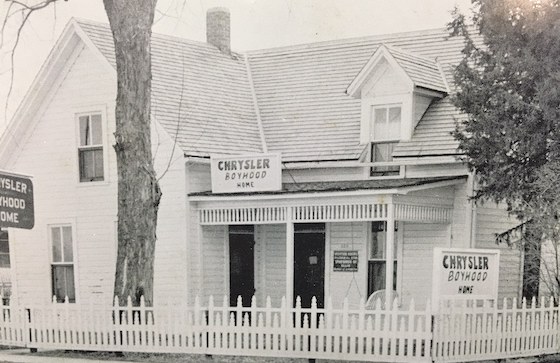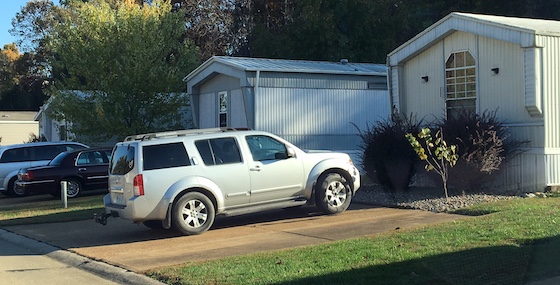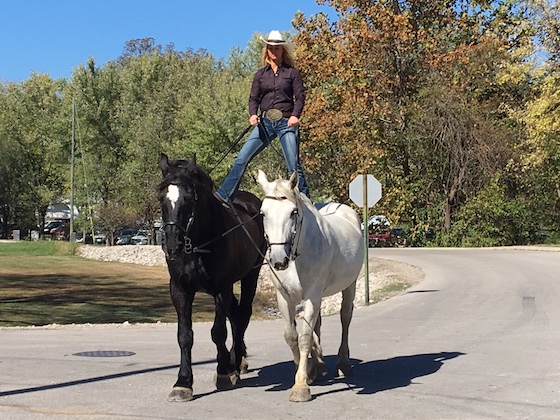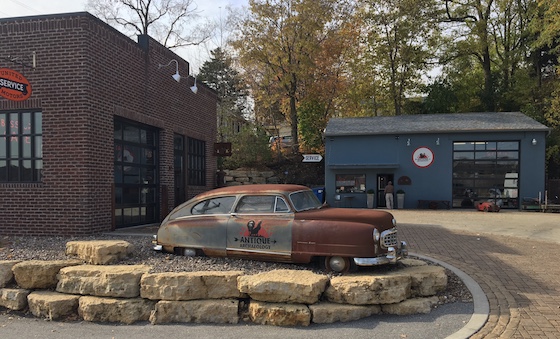It comes as no surprise that we favor mobile home parks located in the Midwest portion of the U.S. In fact, we are considered to be the largest park owner in Illinois, and have significant holdings in Missouri, Wisconsin, Minnesota – virtually every Midwest state. But why do we like the Midwest so much?
Low rents with plenty of room to grow
The first reason we like the Midwest has to do with our convictions on affordable housing. If you assume that the upper limits to affordable housing are $500 to $700 per month (which equates to roughly a third of resident income), then you want lot rents with plenty of room to grow before hitting this ceiling. The average lot rents in the Midwest are around $275 per month, so there is still room to roughly double these while at the same time offering a great value to the consumer. Unlike the east and west coasts – where mobile home park lot rents are often up to $1,000 per month – the Midwest has plenty of room to raise rents yet not violate the affordable housing business model.
High home prices
Midwestern single-family home prices are right in line with our need for “contrast” between traditional home rates and mobile home park rents. In every major Midwestern market, homes begin at $100,000. At $100,000, mobile home park residents fail to have the capital for the down payment and closing costs, nor do they have the necessary credit. The rental rates on these homes – in those cases where they are even offered – typically range around $1,000 per month. So homes are not a competitor to mobile home parks in these markets.
High apartment rents
Typical Midwestern apartment rents are around $1,000 per month for a 3-bedroom apartment. This compares to $700 for a similar 3-bedroom home with lot rent in one of our parks – a distinct price advantage. Once you take out the home payment (roughly 80% to 100% of our residents have paid off their mortgage in many of our parks), the price advantage doubles.
Low unemployment
Take a sampling of Midwestern markets and you will notice a low unemployment rate vs. the U.S. average. In metro St. Louis, for example, that rate is 4.9% vs. 5.2% for the U.S. average. Metro Des Moines, Iowa is at 3.8%. Metro Madison, Wisconsin is at 3.4%. What’s even more remarkable is that many of these unemployment rates were just as low during the Great Recession, when the U.S. average exceeded 10%.
Recession-Resistant economies
What fuels these low unemployment rates are very “recession-resistant” economy formations in the Midwest. “Recession-resistant” employers, in our opinion, are such industries as healthcare, education, government – employers that are not subject to the ups and downs of the private sector. And in the Midwest you find a huge volume of colleges, universities, health centers (Mayo Clinic, Barnes, etc.) and government (Kansas City has more federal agencies than any city outside of Washington, D.C.). While many other parts of America posted huge employment gains and population growth prior to 2007, they then proceeded to lose that and more during the downturn. Midwestern markets are extremely stable and well-constructed for both good times and bad.
Large volume of parks to choose from
There is a huge number of mobile home parks in the Midwestern states. Some are already institutionally owned, but the largest number are still owned by the original moms and pops. This greatly increases your odds of finding a great park to buy that offers solid economics coupled with great infrastructure. In addition, there are more strong metro areas than in most other regions of the U.S. Even smaller metro areas, in such states as Wisconsin, have high levels of employment and solid lot rents around $300 per month.
Low stigma issues
Another reason that we like the Midwest is rarely talked about, and that’s simply because there is no “stigma” against mobile home park living in those states. The whole “trailer trash” label is from the southern states, and is not a part of Midwestern culture. Why not? We think there are several reasons. First of all, mobile home parks in the Midwest carry no label – in those states, mobile homes are simply referred to as “homes”. Many people in the Midwest look to mobile home parks as retirement havens where they can sell their brick home and downsize at a much lower cost. This has led to a culture of respect for those who live in parks, as most everyone has at least one relative who lives there. In addition, in the Midwest the home prices are uniformly high, so mobile home parks appeal to more affluent residents who can’t quite afford a traditional home yet. Midwestern parks have police officers, bank tellers, accountants, and many other trades that are not found in other regions. Higher levels of income have reduced or eliminated “rich vs. poor” stigma in mobile home parks in the Midwest. The writer from the New York Times who lived in our park in Pontoon Beach, Illinois was shocked that his neighbor drove a new Porsche 911. He was even more shocked when he interviewed him only to find that he was a retired steelworker with a $50,000 per year pension. Not exactly “trailer trash”.
Conclusion
We are huge fans of mobile home parks in the Midwest. That, plus the Great Plains, are the bulk of our portfolio. But we don’t just buy in these markets because we live there. We buy there because we love the fundamentals and the economics of the parks we find there. The Midwest has been, and will always be, a great mobile home park region.







